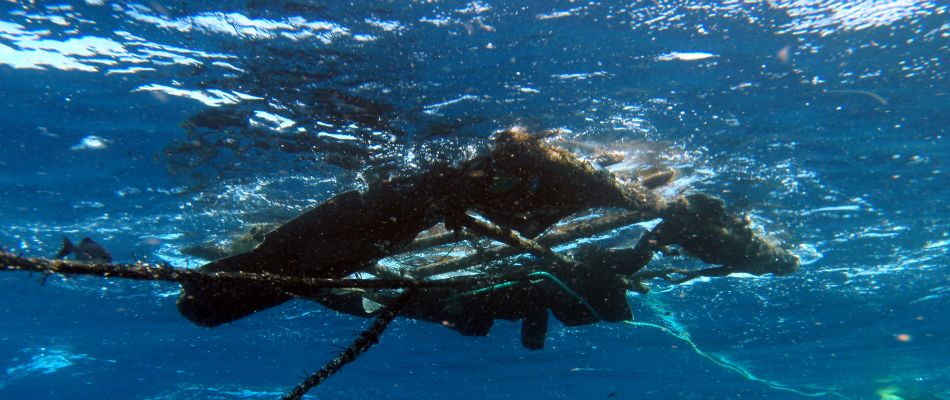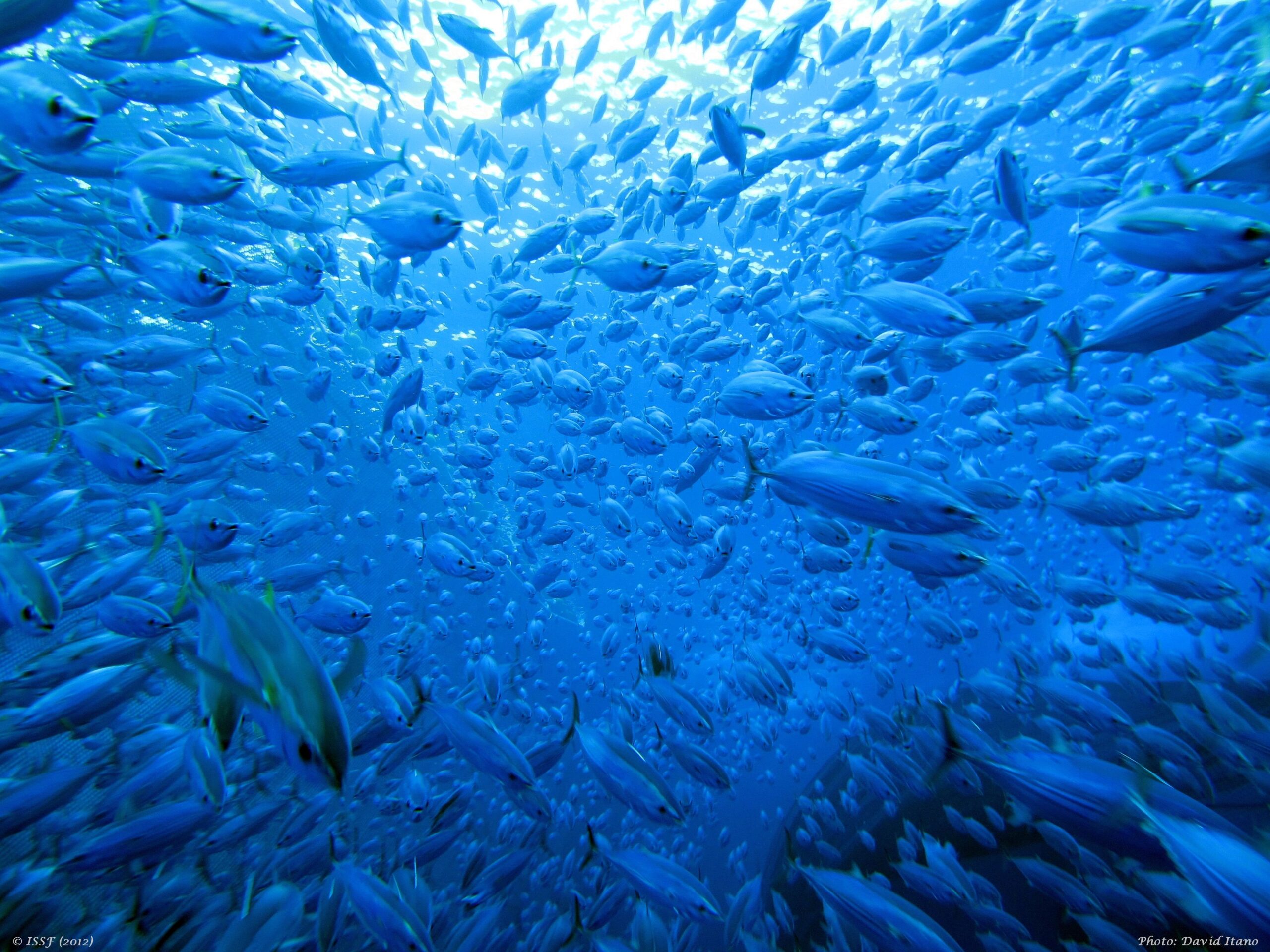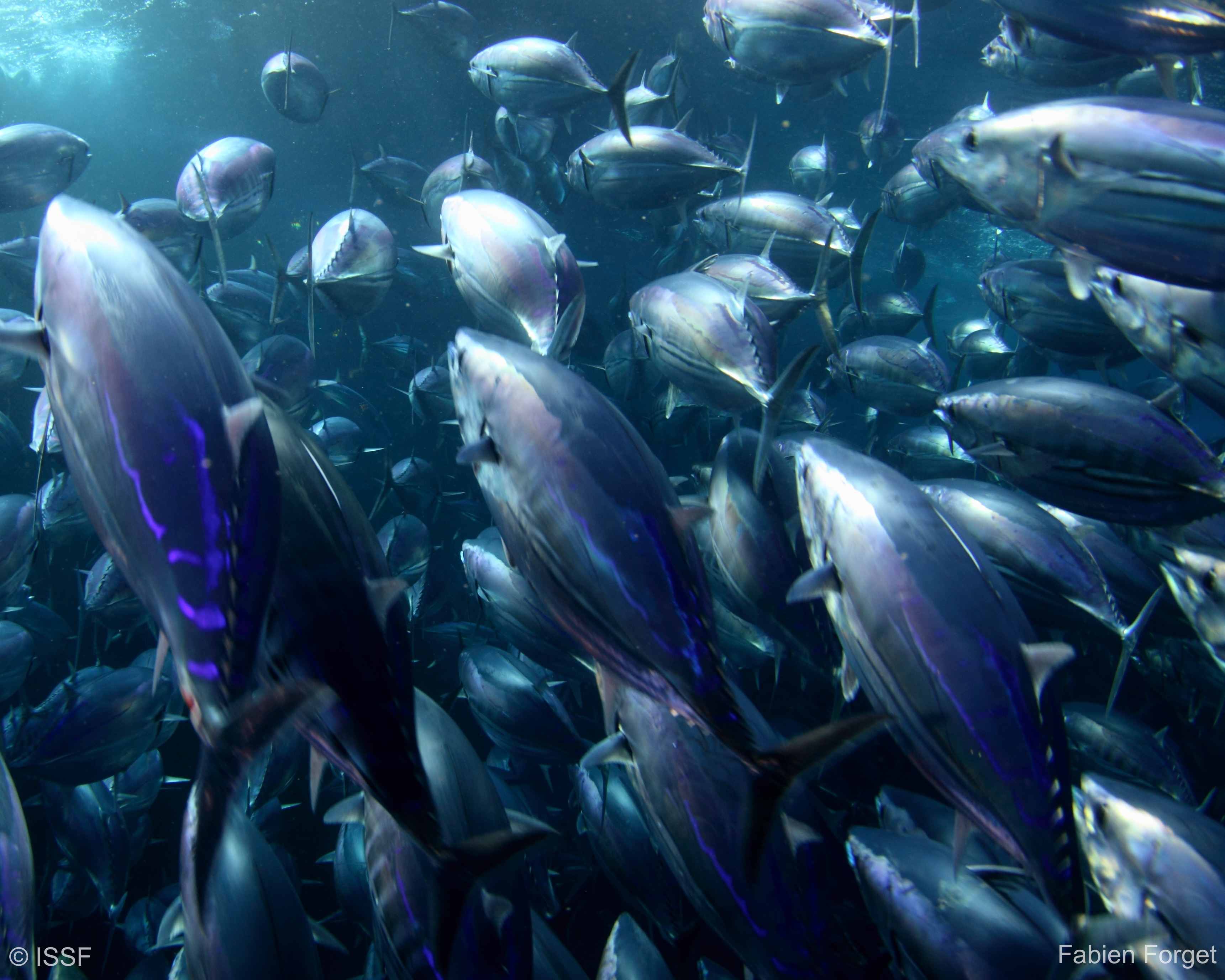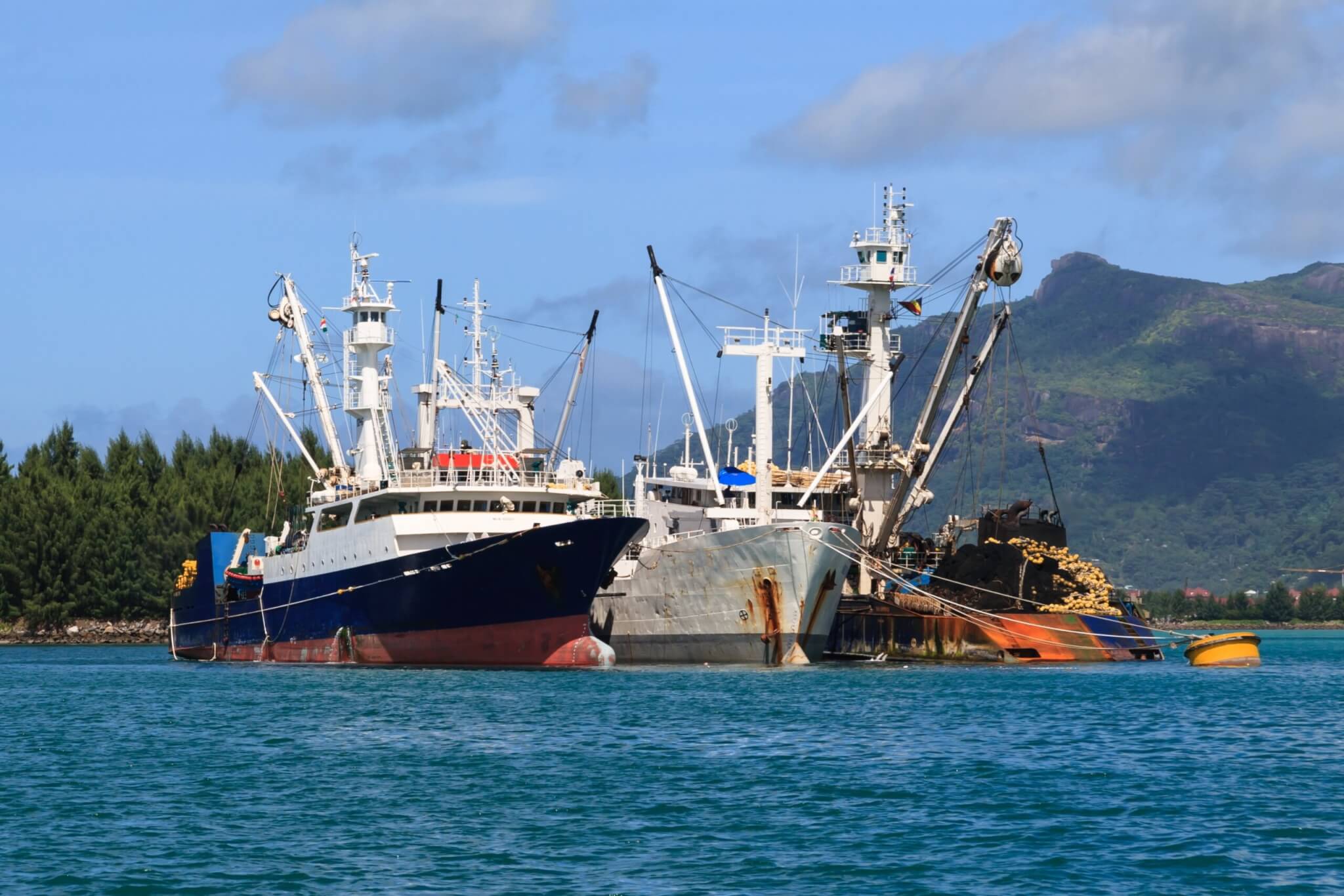Meet the ISSF Board of Directors | PLUS 6 Ways to Improve FAD Management
Featured Content
ISSF Board of Directors
The ISSF Board of Directors is a diverse group of leaders from non-governmental organizations, marine science, government agencies, and the seafood industry, representing several countries.
ISSF Board members advance the mission of the Foundation, including through the development and adoption of ISSF conservation measures, to which ISSF participating companies commit to conform.
Featured Report
FAD Management in Tuna Purse Seine Fisheries
ISSF and other NGOs have put together lists of the elements that they consider to be most important for effective management of fish aggregating devices (FADs). The report ISSF 2023-10: Recommended Best Practices for FAD Management in Tropical Tuna Purse Seine Fisheries reviews the most essential elements for proper management of FAD fisheries:
- Complying with flag state and RFMO reporting requirements by set type
- Voluntarily reporting additional FAD buoy data for use by RFMO science bodies
- Supporting science-based FAD limits
- Using non-entangling FADs to reduce ghost fishing
- Mitigating other environmental impacts due to FAD loss including through the use of biodegradable FADs and FAD recovery policies
- Implementing further mitigation efforts for silky sharks
It provides practical examples that fleets could adopt as their FAD management policies.
Featured Fact
Since our inception in 2009, ISSF has adopted conservation measures (CM) with the intent that processors, traders, importers, transporters, and others in the seafood industry commit to conform to them to facilitate real, continuous improvement across global tuna fisheries.
Review ISSF CM 3.7 – Transactions with Vessels or Companies with Vessel-Based FAD Management Policies
ICYMI
ICCAT Position Statement
ISSF has outlined top “asks” for improved management of Atlantic Ocean tuna fisheries in its position statement for the International Commission for the Conservation of Atlantic Tunas (ICCAT) 28th regular meeting next month.



